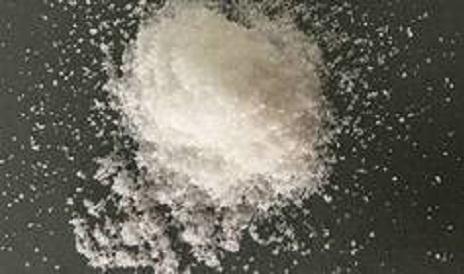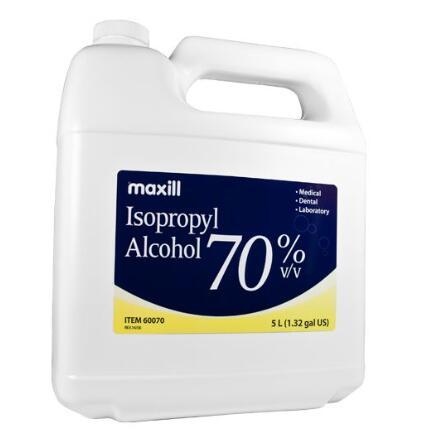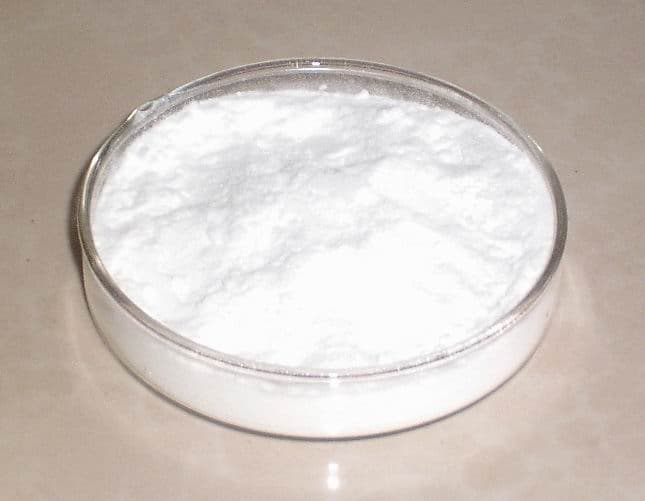Toxicity of lsobornyl acetate
lsobornyl acetate is important as a flavoring agent and in industries where scenting is necessary (e.g., manufacture of toiletries) as it provides a pine-needle odor.
Dec 9,2021 Organic ChemistryDisinfectants: isopropanol vs ethanol
70% isopropanol solution is used for soaking, scrubbing, medical equipment, and disinfection of medical places.
Dec 9,2021 Organic SolventsProduction of Human lactoferrin
Human lactoferrin is a ~78 kDa globular protein found in body secretions such as milk and saliva and is a member of the transferrin family proteins. Transferrins control the level of free iron in the
Dec 9,2021 Biochemical EngineeringFunction of Lactoferrin
Lactoferrin (LF), also known as lactotransferrin (LTF), is a multifunctional protein of the transferrin family. Lactoferrin is a globular glycoprotein with a molecular mass of about 80 kDa that is wid
Dec 9,2021 Biochemical EngineeringUse and Mechanism of Carbon dioxide
Carbon dioxide (CO2) is a naturally occurring colorless and odorless gas. It has a boiling point of -70°C (sublimes), vapor density of 1.53, and is slightly soluble in water. The atmospheric concentra
Dec 9,2021 Inorganic chemistryAntioxidant RIANOX 412S - Specification, Application, Safety etc.
Antioxidant RIANOX 412S is a high performance thioether antioxidant for the stabilization of polyolefins, styrenic polymers, and engineering plastics. Usually Antioxidant 412s is used with phenolic an
Dec 9,2021 AntioxidantsAntioxidant 1010 - Properties, Application, Features, Benifits etc.
Antioxidant 1010 is a non-staining, high molecular weight, hindered phenolic antioxidant.Because of its low volatility,Antioxidant 1010 imparts excellent heat stability and color retention,with good c
Dec 9,2021 AntioxidantsAntioxidant RIANOX 1035
Rianox 1035 is a sulfur containing primary (phenolic) antioxidant and heat stabilizer used for the process stabilization of polyethylene wire and cable resins.
Dec 8,2021 AntioxidantsAntioxidant RIANOX 1520
RIANOX 1520 (Old name: THANOX 1520) is a synergistic antioxidant by Rianlon. It offers multi-functionality, improved performance stability, long-term thermal stability, processing stability and mainte
Dec 8,2021 AntioxidantsAntioxidant RIANOX 1790
RIANOX 1790 (Old name: THANOX 1790) is a high molecular weight phenolic antioxidant by Rianlon. It provides high extraction resistance and excellent heat stability.
Dec 8,2021 Antioxidants









